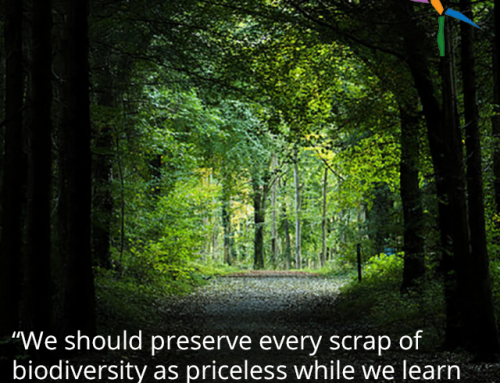A journal can help you be better at anything in your life! In a world that’s often fast paced and that doesn’t reward personal reflection, keeping a journal can give you the reflective time that you need each day to review what you’ve done and what you could do better. When it comes to actively reducing your carbon footprint, which doesn’t come naturally to many people, that’s an important part of the process of being successful.
What is an Eco Journal?
So what is an eco-journal? In short, it’s a journal where you track how successful you are with your daily effort to reduce your carbon footprint. Whether you do your eco-journal daily or weekly, we’d suggest keeping track of these three things.
What did you do to successfully reduce your carbon footprint this day or week? Celebrate your successes. Start your journal by listing or sharing what you did that successfully reduced your carbon footprint. That may be as mundane as taking out your recycling or as unique as finding a way to avoid using plastic utensils or recycle your coffee grinds. Whatever you did that could reduce your carbon footprint, we think you should start out by remembering and praising yourself for those things.
Where did you not live up to your expectations in reducing your carbon footprint? Nobody’s perfect, especially when it comes to reducing a carbon footprint. The only way that we can all learn from our shortcomings, though, is to be honest about them. Take some time in your eco-journal to talk about where you took shortcuts or just couldn’t find a way to actively reduce waste. You’ll only internalize them and learn to correct them if you acknowledge and review them. But don’t beat yourself up! These are areas for improvement, not failures.
What are your goals for the next day/week/month? Goal setting is always important, and your eco-journal is a great way to collect yourself and think about what your environmental goals should be. Plus, you’re always more likely to achieve your goals when you document them somewhere. Close every journal entry by setting new goals for yourself.
Important Note: Remember That a Journal Doesn’t Need to be a Paper Notebook
If the most effective way for you to journal is in a paper notebook, then that’s exactly what you should do. But there are many other options, as well. A blog, a Twitter feed, a Facebook timeline, a YouTube diary…even an Instagram stream. Whatever is the best way for you to record and reflect on your thoughts, that’s what you should do.
So, start the New Year out with a new initiative – start keeping your eco-journal today!
Have an idea on how to improve our eco-journal idea? Share it. Comment below or share it with us on Facebook, Twitter, or Pinterest.
Need more assistance in learning to let go of the consumer media’s impact on your life, take control of your finances and find the satisfaction of enough for today? The Get Satisfied Interactive Handbook is a 30-minute web course that walks you through a series of specific questions and then presents a personalized how-to plan for becoming a postconsumer. Launch your evaluation for free right now.
Photo via Flickr Creative Commons: ohhhbetty





